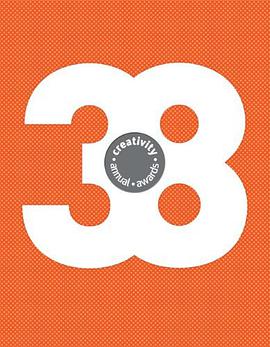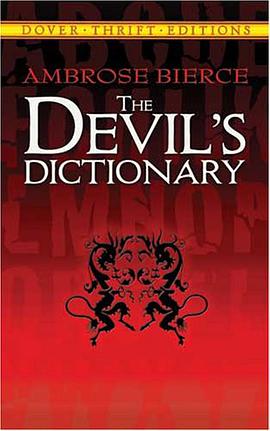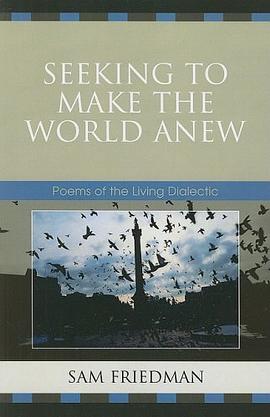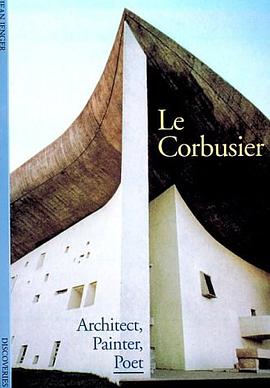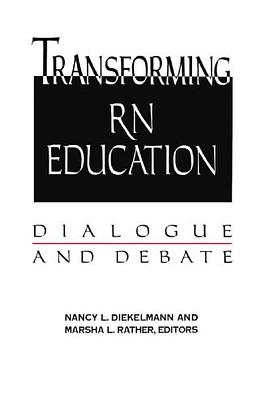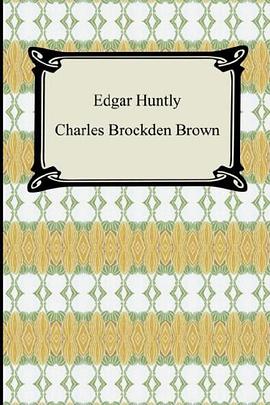

具体描述
John Bryant's book is a strong and significant argument for the centrality of humor in Melville's novels. The purpose of Melville and Repose is dual: to ground the uses of romantic humor in Melville in sensitive readings of contemporaneous European and American writings, and to offer a definitive account of the comic as the shaping force of Melville's narrative voice throughout the major phase of his literary career. Arguing that Melville saw writing as a series of attempts to reach an unreachable union of word and thought ("voicing the voiceless"), Bryant shows how Melville attempted to place the reader in an equivalent condition of "tense repose." He posits that Melville incorporated laughter into his writing as a means of teasing the reader into deeper thought. To this end, Melville fused a "rhetoric of geniality" and "picturesque sensibility" adopted from the British with a "rhetoric of deceit" borrowed from the American tall tale, thus creating his own amiably cosmopolitan "rhetoric of aesthetic repose." Looking closely at Typee, Moby Dick, and The Confidence-Man, Bryant offers unique and ground-breaking readings of Melville's work - particularly with respect to the rhetoric of humor and repose, the picturesque, and cosmopolitanism. Thorough research into American culture and recent Melville manuscript findings, an engaging style, and full, scholarly readings combine to make this historicist study a welcome addition to the libraries of Americanists and Melville scholars and enthusiasts.
作者简介
目录信息
读后感
评分
评分
评分
评分
用户评价
相关图书
本站所有内容均为互联网搜索引擎提供的公开搜索信息,本站不存储任何数据与内容,任何内容与数据均与本站无关,如有需要请联系相关搜索引擎包括但不限于百度,google,bing,sogou 等
© 2026 book.wenda123.org All Rights Reserved. 图书目录大全 版权所有



